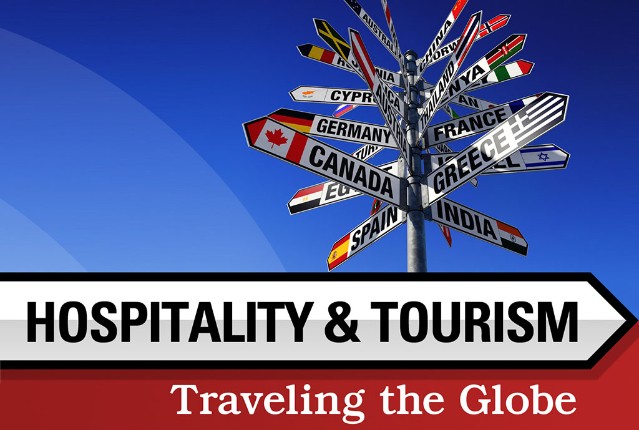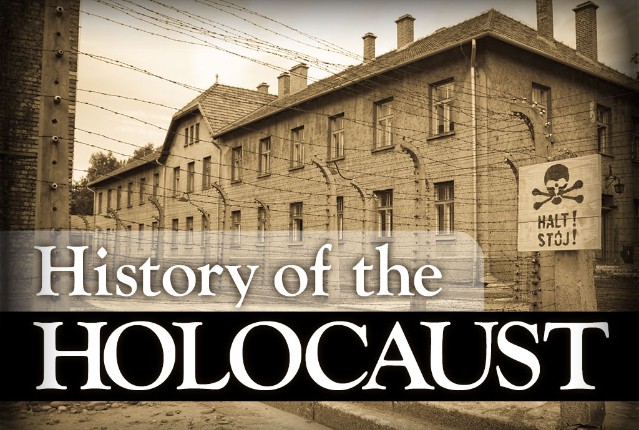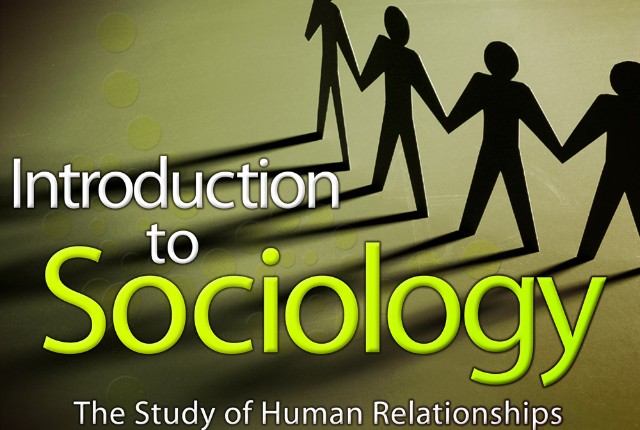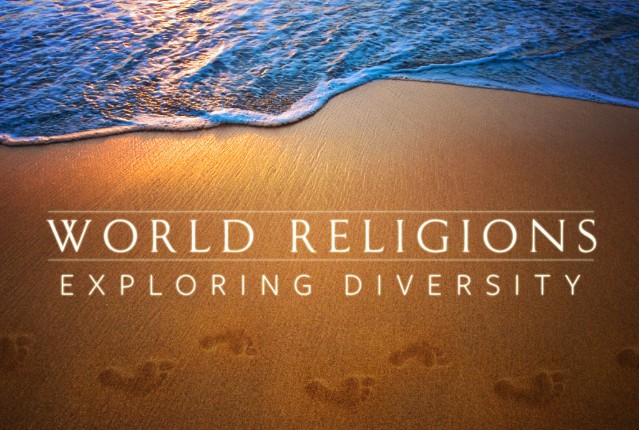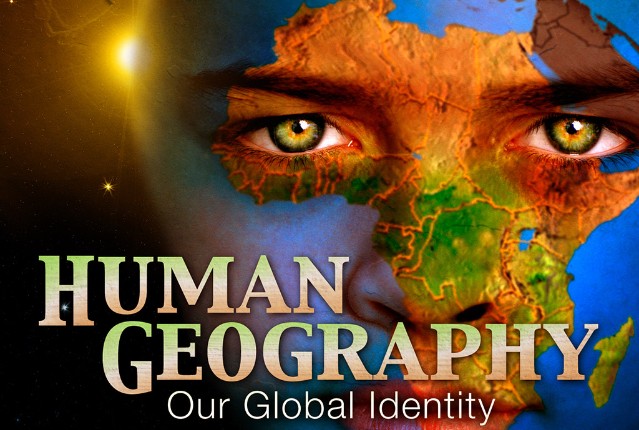
Human Geography: Our Global Identity
Modern humans have been roaming the Earth for about 200,000 years. How do the places we live influence the way we live? How do geography, weather, and location relate to our customs, beliefs, and lifestyles? Learn how diverse people have physically influenced the world around them and how they, in turn, are changed by their surroundings. Let’s explore the important relationship between humans and their environments.
Review course outlineAccess for a year
USD 299.00*
* Choose more courses to get a discount
